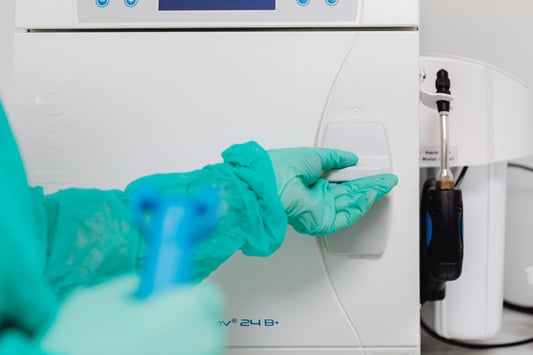The Importance of Regular InspectionRegular electric drill inspection is crucial to ensure safe operation and prevent accidents. Inspecting your drill before each use can help identify any potential issues and address them before they turn into costly repairs or injuries.Checking Power Cord and PlugOne of the key aspects of an electric drill inspection is checking the power cord and plug for any signs of damage. Frayed cords or exposed wires can pose a serious safety hazard. Make sure to replace any damaged cords immediately to prevent electric shocks.Inspecting the Chuck and HandleThe chuck is a critical component of the electric drill, responsible for holding the drill bit in place. Regularly inspecting the chuck for any signs of wear or looseness is essential to ensure precise drilling. Additionally, check the handle for any cracks or damage that may affect your grip.Testing the Trigger and Speed SettingsDuring the inspection, test the trigger and speed settings to ensure they are working correctly. A malfunctioning trigger can result in unexpected starts or stops, posing a risk to the user. Make sure to adjust the speed settings according to the material you will be drilling into.Examining the Drill BitInspect the drill bit for any dullness, breaks, or other damage. A damaged drill bit can lead to inaccurate drilling and potential accidents. Replace any worn-out or damaged drill bits to maintain efficiency and safety during operation.Checking for Alignment and StabilityEnsure that the drill's components are properly aligned and stable. Misaligned parts can cause the drill to wobble during operation, affecting the accuracy of your drilling. Tighten any loose components and adjust the alignment as needed.Inspecting the Battery ConnectionIf using a cordless electric drill, inspect the battery connection for any corrosion or looseness. A poor connection can lead to loss of power during operation, impacting the drill's performance. Clean the battery terminals regularly to prevent any issues.Verifying the Depth Adjustment SystemThe depth adjustment system allows you to control the depth of your drilling. During the inspection, verify that the depth adjustment mechanism is functioning properly. This ensures precise drilling depth and prevents over-drilling or under-drilling.Testing the Brake SystemMany electric drills come equipped with a brake system that stops the drill bit from spinning immediately after releasing the trigger. Test the brake system during the inspection to ensure it is working effectively. A faulty brake system can pose a safety risk during operation.Recording Inspection ResultsAfter completing the inspection, record your findings and any necessary repairs or replacements. Keeping track of your electric drill's inspection history can help you identify patterns of wear and maintenance needs. Regular inspections and maintenance are key to extending the lifespan of your electric drill.Quote InquiryContact us!










